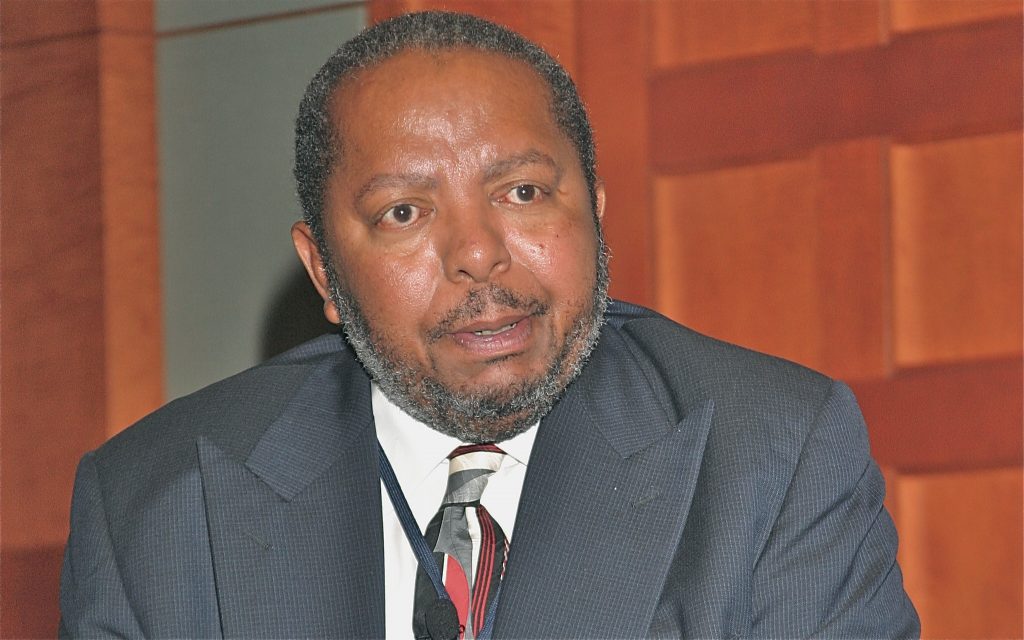Banking: Bank of Uganda further cuts growth forecast
3 min read
Bank of Uganda has further cut growth forecasts to just over 2 percent an indicator that the impact of coronavirus disease on the economy is deeper than earlier thought.
In the June monetary policy statement issued on Monday, the central bank said that the economy will expand by between 2.5 percent and 3.5 percent during the financial year 2019/2020, a drop from an earlier projection of 3.5 percent to 4 percent growth.
BoU Governor Emmanuel Tumusiime-Mutebile said even this growth will depend on how the economy is opened up from the lockdown imposed to stem the spread of coronavirus disease. It would also depend on how the public will comply with the social distancing rules to ensure cases don’t surge again calling for more lockdown, Mutebile said.
Already cases are surging, an indicator of more hard times ahead. Mutebile says the economy will get back to 4 percent growth in 2020 and go to 6 percent in 2022.
For the ordinary Ugandan, the low growth forecast has implications on their employment, their dependents’ ability to keep helping them or receive money from their children abroad. Most businesses have been shut for close to 80 days of the lockdown. A lot of them have either laid off staff or cut their pay so that they can survive the crisis.
More than 100,000 people formally employed have lost their jobs while 4.4 million people from the informal sector will either see their earnings fall below the poverty line or dry up completely according to the UN Capital Development Fund.
The Bank of Uganda statement today is an indicator that things are grimmer than earlier thought despite President Yoweri Museveni optimism that things are not as bad as being predicted.
Museveni said last week that at least 107 factories had come up to make sanitizers while at least 61 companies have applied to make masks. This is no comparison to the collapsing businesses in tourism, diaspora remittances and postponements of the Foreign Direct Investment (FDI) by investors.
To boost business activity, Mutebile further cut the central bank rate (CBR) to 7 percent from 8 percent in April. The lower the CBR, the more the banks access cheap money and therefore are expected to lend to businesses cheaply. If businesses can borrow, it means they can invest and hire more people.
BoU says that average interest rates are at 17 percent but this is far expensive than most businesses can afford during this crisis.
However, Muhammad Ssempijja, a partner at audit firm Ernst and Young, said even with reduced CBR, demand for loans will not be high because lockdown is still on and businesses are not working at full capacity. He said that companies to ask for loans will “depend on how COVID-19 infections turn out.”
The impact of BoU decision Ssempijja said will be much lower than the central bank would have wanted.
The government has said businesses can defer tax payments on PAYE, corporation taxes, while URA says it will hasten Value Added Tax refunds for businesses to have more money on themselves, although Some surveys have shown this may not be enough to help some businesses survive.
URN





